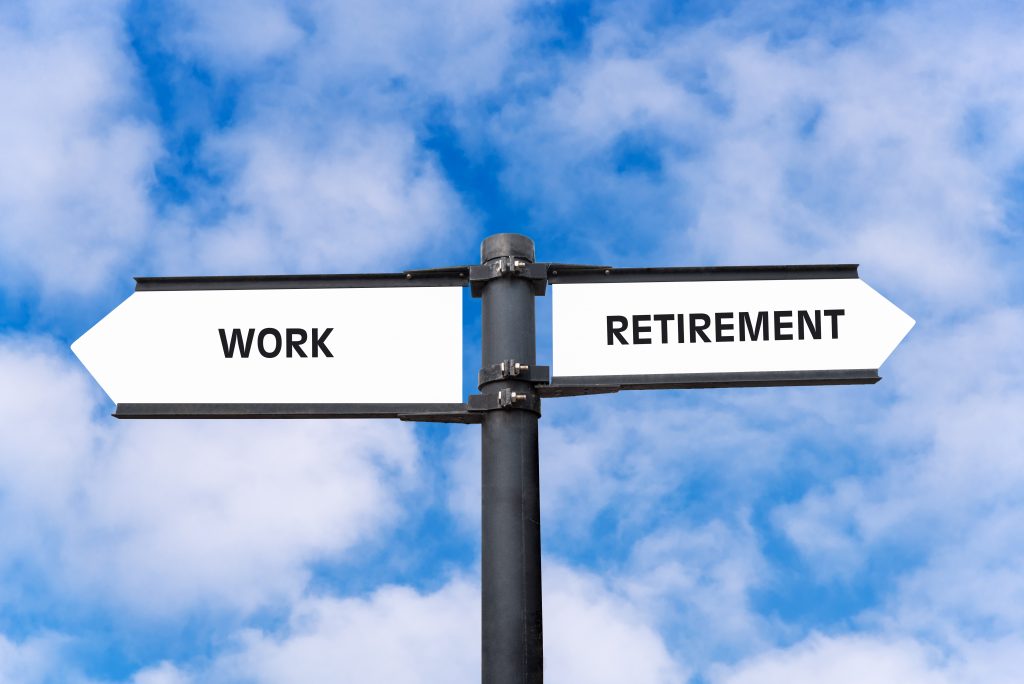
Top tips for an early retirement
Retiring early may be the dream for most people, but what exactly is ‘early’ and what financial goals would you need to reach to allow you to close the door on work, for good?
For the purpose of this article, when we discuss ‘retirement’ we mean becoming totally financially free – covering all mortgage, bills or lifestyle costs for the rest of your life.
With the age of traditional retirement creeping up (in regards to the state pension), we can probably class an early retirement as being in your 50s, although with the right financial planning and goals in place, many are achieving it in their 30s and 40s.
To be considered truly financially free, you would need to have paid off or have passive income to cover the following:
- Mortgage payments
- Household bills
- Debts
- Income for daily needs (food shopping, petrol, pet food, etc)
- Additional funds to enjoy life at the level you wish (holidays, cars, etc)
- Savings for emergencies
So how can you actually get started taking action to become financially free?
Contribute to your workplace pension
With employers prepared to financially match the amount you personally contribute into your workplace pension scheme, these types of pension can be one of the most obvious yet fruitful ways to build income for your retirement. Where possible, you should try to contribute the maximum amount of savings allowed, as many companies will match it, which is free money after all!
Decide which is more important to you – lifestyle now or in retirement
Most people will say a blend of both, but if you don’t want to compromise on annual luxury holidays right now, you might pay for that decision further down the line. A nice lifestyle now and a comfortable retirement don’t need to be mutually exclusive. It could just mean that you take that luxury cruise around the Mediterranean once every two years, instead of every year.
Diversify your investment portfolio
Diversification helps spread any financial risk across your investment portfolio. Exposing your savings to a blend of investment types (stocks and shares, property, bonds, ISAs) will generate multiple streams of income, which helps protect your cash against market fluctuations in different sectors or industries.
However, it’s important to understand what type of investor you are and whether your appetite for risk is low, medium or high. This will help you choose investments accordingly.
Find passive income opportunities
Identifying and building passive income opportunities now will create a great foundation for income during retirement. Property investing is one way to do this, and if you don’t have a huge savings pot to get you started, you could consider using your pension to fund your first property investment deal.
As your passive income level increases, you can gradually phase out the need for day-to-day work without making a solid leap out of secure employment.
Shift your spending mindset
Eliminating over-spending and getting to grips with your current lifestyle budget now can really help get you in the right mindset for an early retirement. Making small changes like where you shop, meal-planning, how often you dine out, the times of the year you go on holiday, can all accumulate to make huge annual savings that can be invested towards building a passive income stream.
Downsize early
Many people wait until they are in their 60s or even 70s to make that last property move and downsize to a smaller residential property, but if you have grown up children (or none at all), do you really still need that 4 bedroom house now? Downsizing early can not only save you money on the obvious mortgage payments and bills, but you could release vital equity to put into an investment property or other type of investment vehicle.
Ultimately, when it comes to retiring early, it seems that the answers lie in the decisions you make about saving, investments, spending and income, and the earlier you have a retirement plan in place, the better.
To understand more about investing in property using your pension, book a consultation with us here or download our White Paper which explains exactly how it works.

